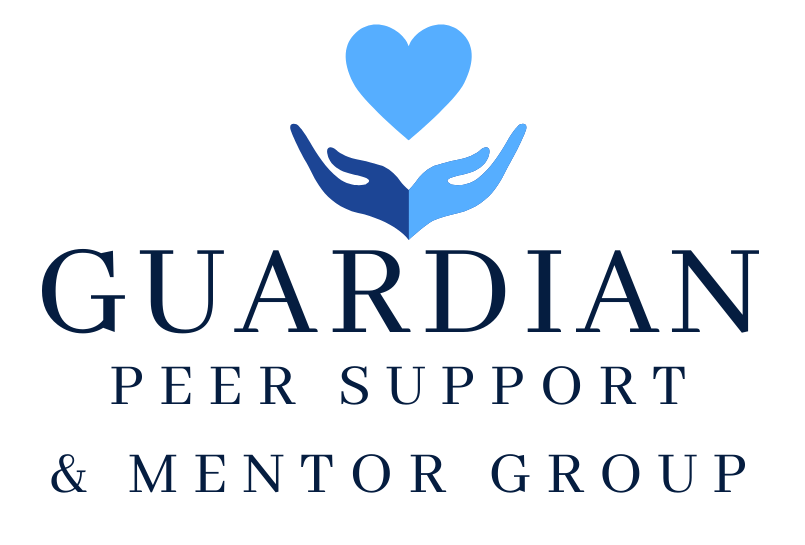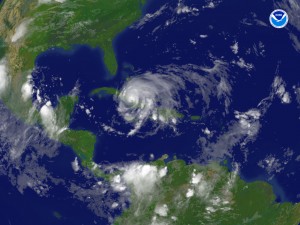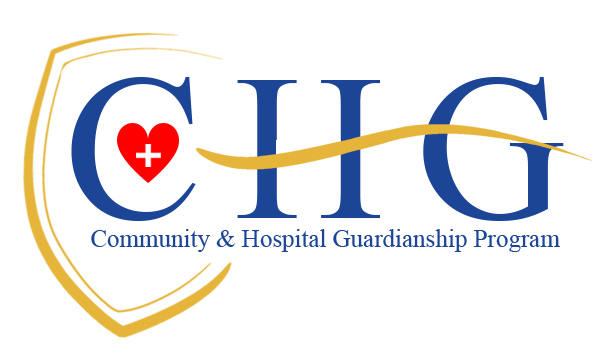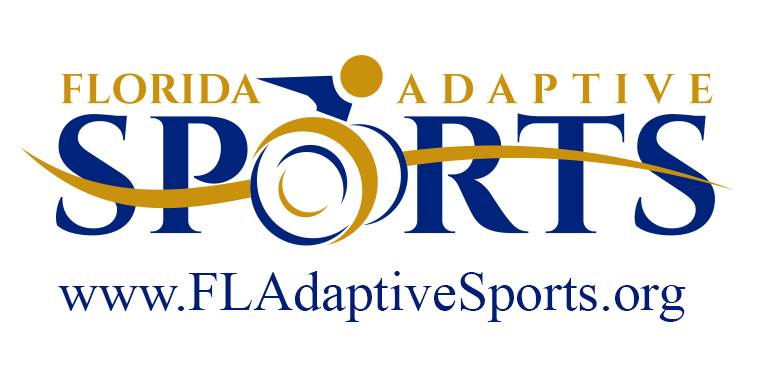Disaster / Emergency Planning for Seniors and Disabled Individuals – AGED Newsletter July, 2014
It’s that time of year again – hurricane season. The Atlantic Hurricane Season runs from June 1st through November 30th. During this time of year, it’s a good idea to make sure you have extra supplies on hand, just in case.
For seniors and disabled individuals extra precautions may need to be taken. Many counties have special needs shelters that provide basic medical care and monitoring for those in need. Most special needs shelters also allow for the individual’s pets to stay at the shelter, along with a caregiver for the individual if needed.
However, in order to evacuate to a special needs shelter, you must be registered with the county prior to the emergency.
To register, you must meet the following criteria, which may vary by county:
• You are a person with special medical needs
• Your care exceeds the basic first aid provided at general population shelters
• Your impairments or disabilities are medically stable and do not exceed the capacity, staffing and equipment of the special needs shelter to minimize deterioration of your pre-event level of health
It is important to note that not everyone with a disability requires a special needs shelter. These types of shelters are reserved for individuals with medical needs. If you do not meet the requirements, authorities recommend that the best place to shelter is in a safe structure outside the evacuation area with friends and family.
Source: Osceola Health Special Needs Sheltering
When you evacuate to a special needs shelter, you should bring the following items:
• A list of current medications
• Special Dietary Needs
• Oxygen Requirements
• Directions for respiratory equipment and any other electric medical equipment on which you depend
• Insurance cards, such as Medicaid, Medicare, or Supplemental Insurance
• A two-week supply of medications
• Nonprescription medicines that you might need, such as aspirin, antacids, etc.
• Extra oxygen tanks, concentrator, and nebulizer, if needed
• A three-day supply of nonperishable food and water
• Special dietary foods that you must eat
• A manual can / bottle opener
• A blanket, pillow, folding chair or cot
• A change of clothes
• Other special items needed, such as eye glasses, hearing aids, prosthetic devices, inhalers, thermometer, Do Not Resuscitate (DNR) papers, etc.
• Your caregiver, if needed
Source: Senior Resource Alliance
Here are some numbers for local special needs shelters. If you do not see your county listed, an internet search for the Office of Emergency Management or Special Needs Shelter for your county should reveal the proper contact information.
- Brevard County: (321) 637-6670 Brevard County Emergency Management Website
- Orange County: (407) 836-9319 Orange County Emergency Management Website
- Osceola County: (407) 343-7000 Osceola County Emergency Management Website
- Seminole County: (407) 665-5102 Seminole County Emergency Management Website
Want to read more articles in July’s Newsletter?
Click here to read about the Medicaid ICP Personal Needs Allowance Increase.
Or click here to read about AGED’s Guardianship Benevolent Fund Current Funding Status.
Contact AGED
Phone: (407) 682-4111
Fax: (407) 682-5511

The Guardian Peer Support & Mentor Group is a place for Florida’s Professional and Public Guardians, their staff, and retired Guardians to come together to share resources, discuss challenges, and uncover creative solutions to difficult issues in an effort to support one another in a challenging and unique profession. The group meets via Facebook Groups, as well as meeting via Zoom. Click here to visit the Facebook Group.
The purpose of AGED’s Community & Hospital Guardianship (CHG) program is to provide a solution for funding for patients in need of a guardian in Florida. CHG aims to increase community awareness about the unmet needs of elderly and disabled Floridians without a voice
Florida Adaptive Sports is a social sports club that helps keep disabled Floridians of all ages healthy for life by providing an outlet for friendship and activity.
The Foundation for Indigent Guardianship, Inc., (known as FIG), is a non-profit organization created for the sole purpose of supporting the Office of Public and Professional Guardians (OPPG) within Florida’s Department of Elder Affairs (DOEA).



